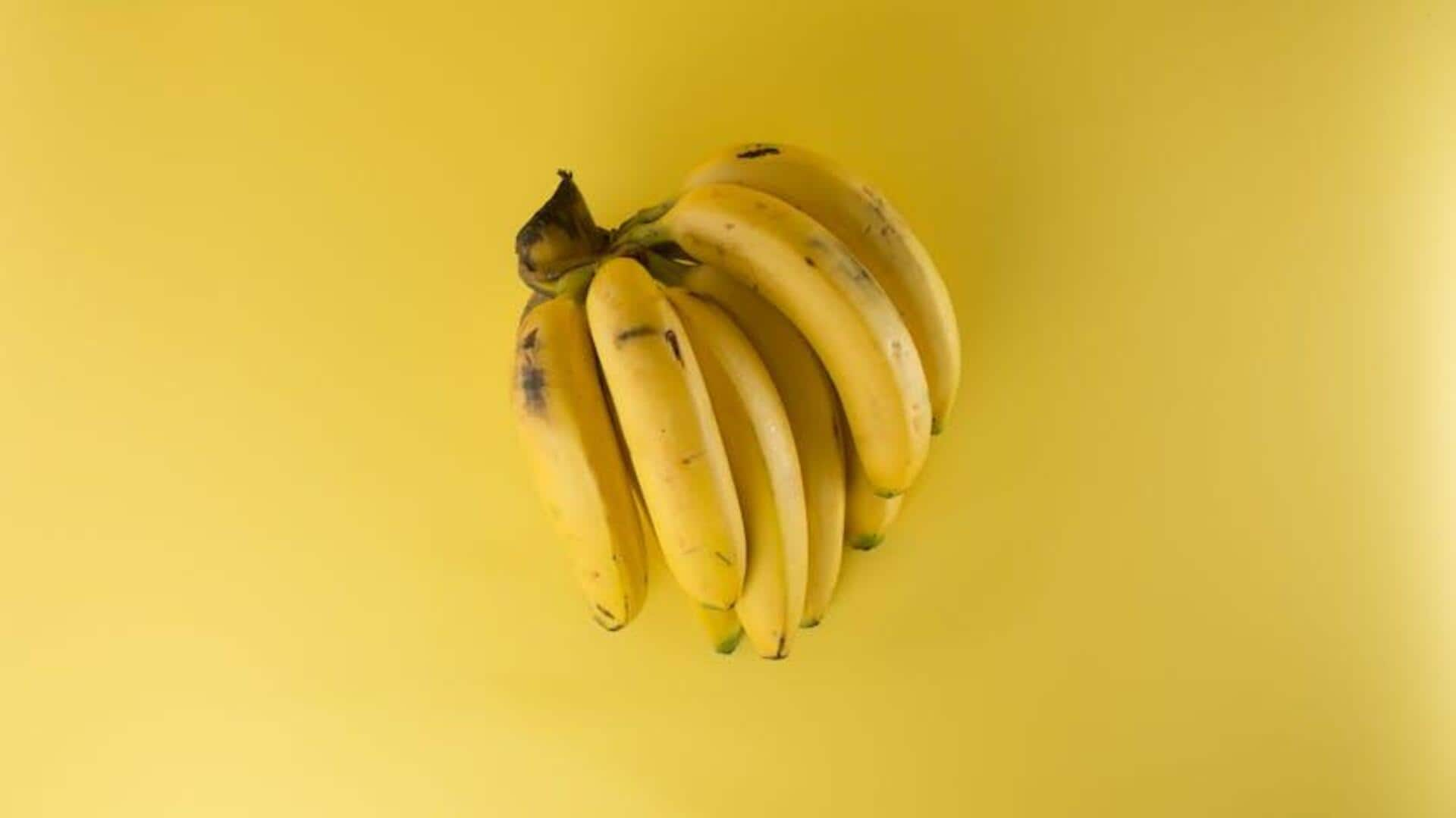
Bananas v/s grapes: Which is healthier?
What's the story
Bananas and grapes are two of the most popular fruits that are packed with nutritional benefits. Both fruits make for handy snacks but differ in terms of nutrients and health benefits. Knowing the difference between them can help you make an informed choice in your diet. Here's a look at the nutritional value of bananas and grapes, their unique benefits.
Potassium
Potassium power in bananas
Everyone knows bananas are a powerhouse of potassium, which is vital for keeping blood pressure in check and muscles functioning properly. A medium-sized banana packs approximately 422 milligrams of potassium, which makes an ideal option for anyone wanting to up their intake of this important mineral. Potassium further reduces the risk of stroke by regulating fluid balance in the body.
Antioxidants
Antioxidant richness in grapes
Grapes are loaded with antioxidants, especially flavonoids and resveratrol, which promote heart health by reducing inflammation and preventing oxidative stress. These compounds help protect cells from free radical damage. Grapes are known to promote cardiovascular health by improving blood flow and lowering cholesterol levels when consumed regularly.
Fiber
Fiber content comparison
Both bananas and grapes offer dietary fiber, but bananas have a slight advantage at around three grams per medium fruit versus about one gram per cup of grapes. Fiber is essential for digestive health since it facilitates regular bowel movements and helps keep a healthy weight by inducing feelings of fullness.
Vitamin C
Vitamin C boost from grapes
Grapes are a good source of vitamin C, an important nutrient that aids immunity and skin health. A cup of grapes provides about 16% of the daily recommended intake for vitamin C. The vitamin plays a key role in collagen formation, healing wounds, and preventing infections.
Sugars
Natural sugars: Energy source or concern?
Both bananas and grapes have natural sugars to provide quick energy boosts. However, they should be consumed mindfully because of sugar content. Bananas have 14 grams per medium fruit, while grapes have 23 grams per cup. Although this sugar content is natural and not added sugars in processed foods, moderation is key when you include these fruits in your diet plan.